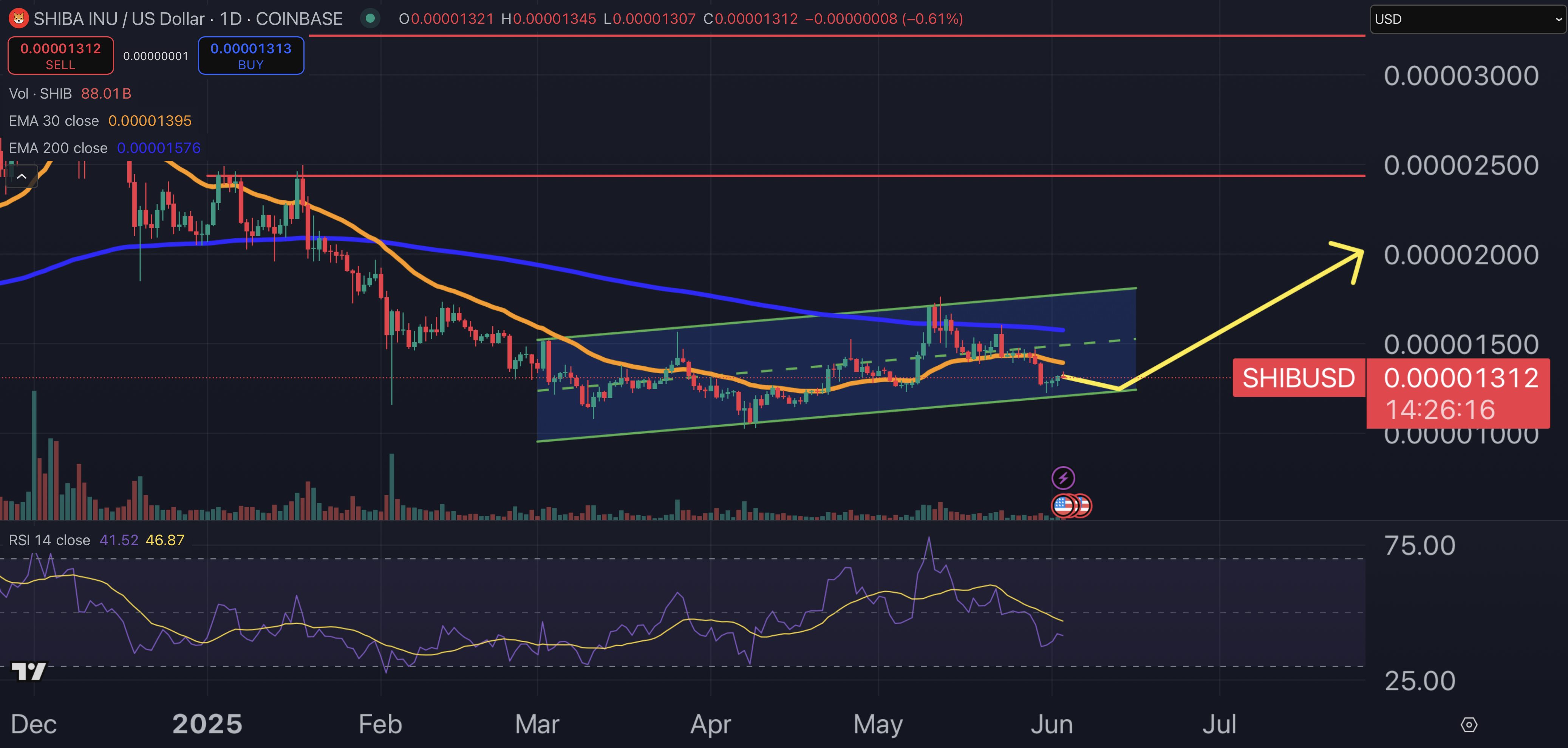“Growth is the number one mission of this government,” she said.
“The fiscal rules laid out in the Budget are non-negotiable. Economic stability is the bedrock for economic growth and prosperity.”
But the market movements create a potential problem for Reeves if she wants to meet her self-imposed fiscal rules. She has pledged not to borrow to fund day-to-day spending and to get debt falling as a share of national income by the end of this parliament.
Governments generally spend more than they raise in tax so they borrow money to fill the gap, usually by selling bonds to investors.
But UK borrowing costs have been rising in recent months and this week the cost of borrowing over 10 years hit its highest level since 2008. The pound also dropped on Friday to below $1.22.
The market turbulence also comes as growth in the UK economy has been stagnant and businesses are bracing themselves for tax rises due to come into effect in April.
The Treasury said Reeves’ visit to China delivered on a “commitment to explore deeper economic co-operation” between Prime Minister Sir Keir Starmer and President Xi, made last year.
China is the world’s second largest economy and the UK’s fourth largest single trading partner. According to the Treasury, exports to the country supported more than 455,000 UK jobs in 2020.
But officials said the chancellor would also raise “difficult issues” with the Chinese vice premier, which include urging China to stop its “material and economic support” for Russia’s war against Ukraine, as well as raising concerns about people’s rights and freedoms in Hong Kong.
Credit: Source link










